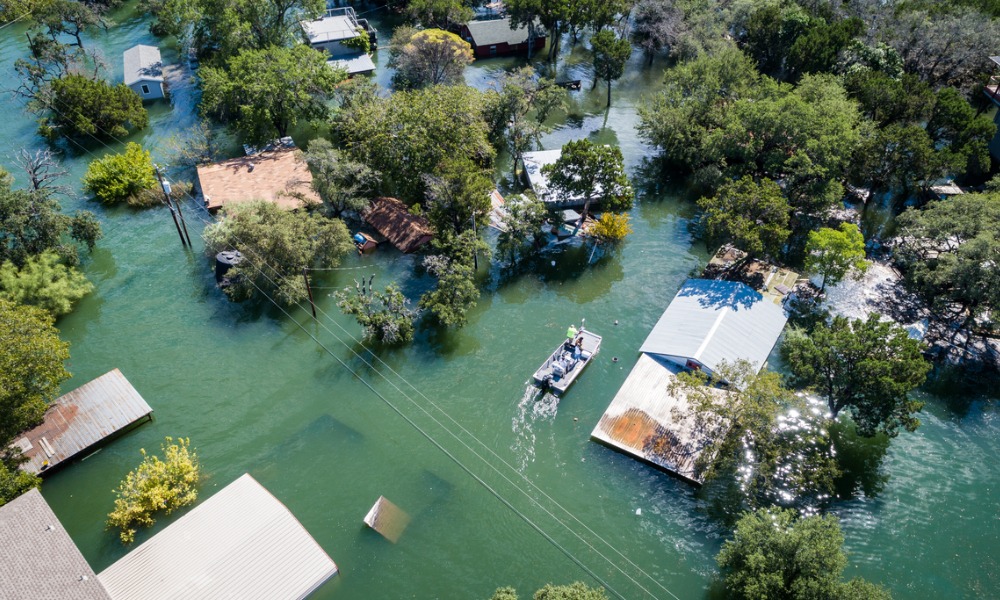This in preparation for the mandatory climate-related disclosure regime

The Reserve Bank of New Zealand has reported high-level results from a survey of prudentially regulated entities on climate change.
RBNZ asked banks, insurers, and other regulated entities to report their progress around climate-related risk management and readiness, with results published in a Bulletin article. This was the second industry self-assessment survey on climate-related risk management and disclosure implemented by the central bank, with the first conducted in 2019.
The RBNZ survey was held earlier this year to understand the climate-reporting entities’ progress in identifying, measuring, and managing climate-related risks, in preparation for the mandatory Aotearoa New Zealand Climate Standards disclosure regime ahead of the first statements to be published early next year.
According to the Ministry for Environment, the mandatory climate-related disclosures aim to ensure that:
- entities routinely consider the impacts of climate change when making decisions
- help climate-reporting entities better demonstrate responsibility and foresight in their consideration of climate issues
- lead to more efficient allocation of capital, and help smooth the transition to a more sustainable, low-emissions economy
The survey, which received 29 responses, found that “no entity” believed that they were “not at all” vulnerable to climate-related risks, assuming no mitigating actions were taken, with 26 saying they were at least “somewhat vulnerable” while the other three were “unsure.”
Other key findings showed that:
- Entities believed climate change was already aggravating a range of business risks and were expecting this to increase in the future
- Of the 29 respondents, 28 said their governance bodies were discussing climate-related risks on a regular or ad hoc basis
- Compared to RBNZ’s inaugural survey in 2019, concerns about climate-related risks now had more of an influence on day-to-day decisions. But just three of the 29 entities said they have “fully embedded” different aspects of climate-related risk management in the manner they already do for other business risks
- Just 16 out of 29 entities have not yet undertaken climate-related scenario analysis, albeit all were planning to do so in the next 12 months
- No entity assessed itself as “at risk for not meeting” the new disclosure regime, but 25 out of 29 said they needed to complete “significant further work” as they prepare their inaugural climate statements
“The findings from these surveys will help inform further work across the sector from both industry and regulators regarding the management and disclosure of climate-related risks,” the central bank said in a media release.
Read the bulletin here: Industry survey on climate-related risk management and disclosure.
For more information, read Industry survey on climate-related risk management and disclosure, May 2019 Financial Stability Report, and Climate Changed 2021 and Beyond.
Use the comment section below to tell us how you felt about this.



